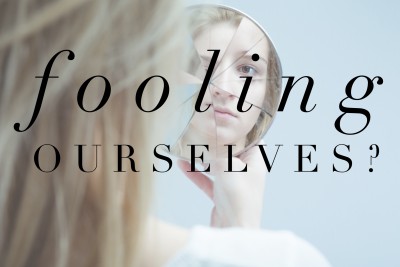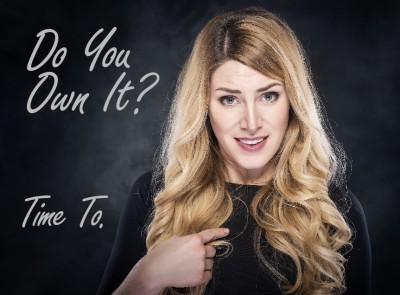Fooling Ourselves. . .
https://savethemarriage.com/stmblog/wp-content/themes/corpus/images/empty/thumbnail.jpg 150 150 Lee H. Baucom, Ph.D. Lee H. Baucom, Ph.D. https://secure.gravatar.com/avatar/669b7e375d93f77521ddaba08adb8063?s=96&d=blank&r=pg We don’t mean to, but we do. We fool ourselves. Yep, humans can be dishonest with others, but we can also be dishonest with ourselves. In fact, we do it every day.
We don’t mean to, but we do. We fool ourselves. Yep, humans can be dishonest with others, but we can also be dishonest with ourselves. In fact, we do it every day.
It’s bad enough we can be dishonest with others. But ourselves? Yep. And it can sure get in the way of saving your marriage.
Usually, when we are fooling ourselves, we relieve ourselves of responsibility. And if it isn’t our responsibility, what can we do? (Or so we tell ourselves.)
Let’s talk about several ways we are dishonest with ourselves. . . and how to change that!
HELPFUL RESOURCES:
Why to Save a Marriage
You Need a Plan
Save The Marriage System
Podcast: Play in new window | Download
Subscribe: RSS
 This post may be a bit. . . confrontational. But let me be clear that change requires a change. Something must shift. A new perspective must develop. And personal growth is part of that.
This post may be a bit. . . confrontational. But let me be clear that change requires a change. Something must shift. A new perspective must develop. And personal growth is part of that.
